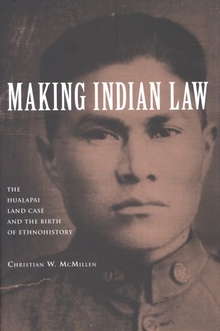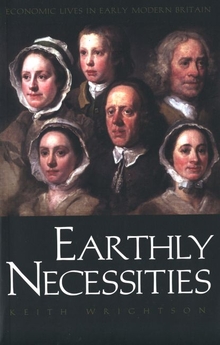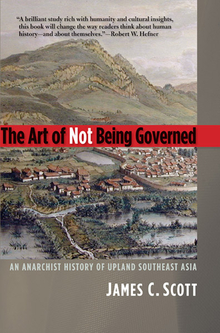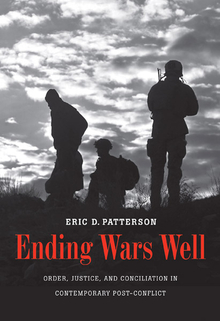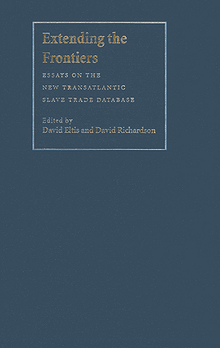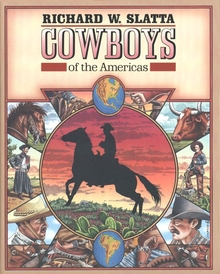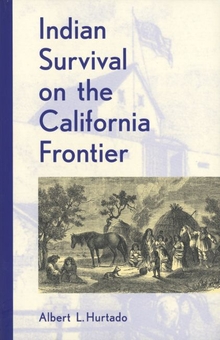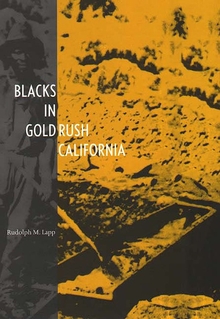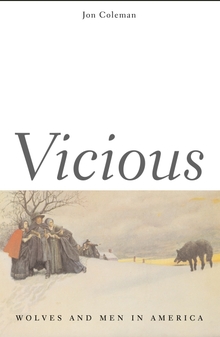Making Indian Law
WARNING
You are viewing an older version of the Yalebooks website. Please visit out new website with more updated information and a better user experience: https://www.yalebooks.com
The Hualapai Land Case and the Birth of Ethnohistory
Christian W. McMillen
At the heart of the Hualapai campaign to save the reservation was documenting the history of Hualapai land use. Making Indian Law showcases the central role that the Hualapai and their lawyers played in formulating new understandings of native people, their property, and their past. To this day, the impact of the Hualapai decision is felt wherever and whenever indigenous land claims are litigated throughout the world.
“Highly original, this book offers unique analyses of ethnohistory, the place of Indians in Indian law, and the connections of Indian land rights litigation to the international world.”—Sydney Harring, author of Crow Dog’s Case: American Indian Sovereignty, Tribal Law, and United States Law in the Nineteenth Century
"This outstanding book teaches us that ‘Indian law’ is not something dreamed up in Washington, D.C., but something created by Indian people through struggle, imagination and persistence. Every community deserves to be treated with the intelligence and respect that McMillen exhibits in these pages and every American should feel both shame and pride at the story he tells."—Frederick E. Hoxie, Swanlund Professor of History, University of Illinois
“This captivating account of the epic struggle over Hualapai land occupation offers rich insights into American Indian law and also reminds us of how the American legal system, with all its flaws, sometimes stands tall as the ultimate protector of dispossessed peoples.”—Charles Wilkinson, author of Blood Struggle: The Rise of Modern Indian Nations
Publication Date: February 10, 2009
2 maps

